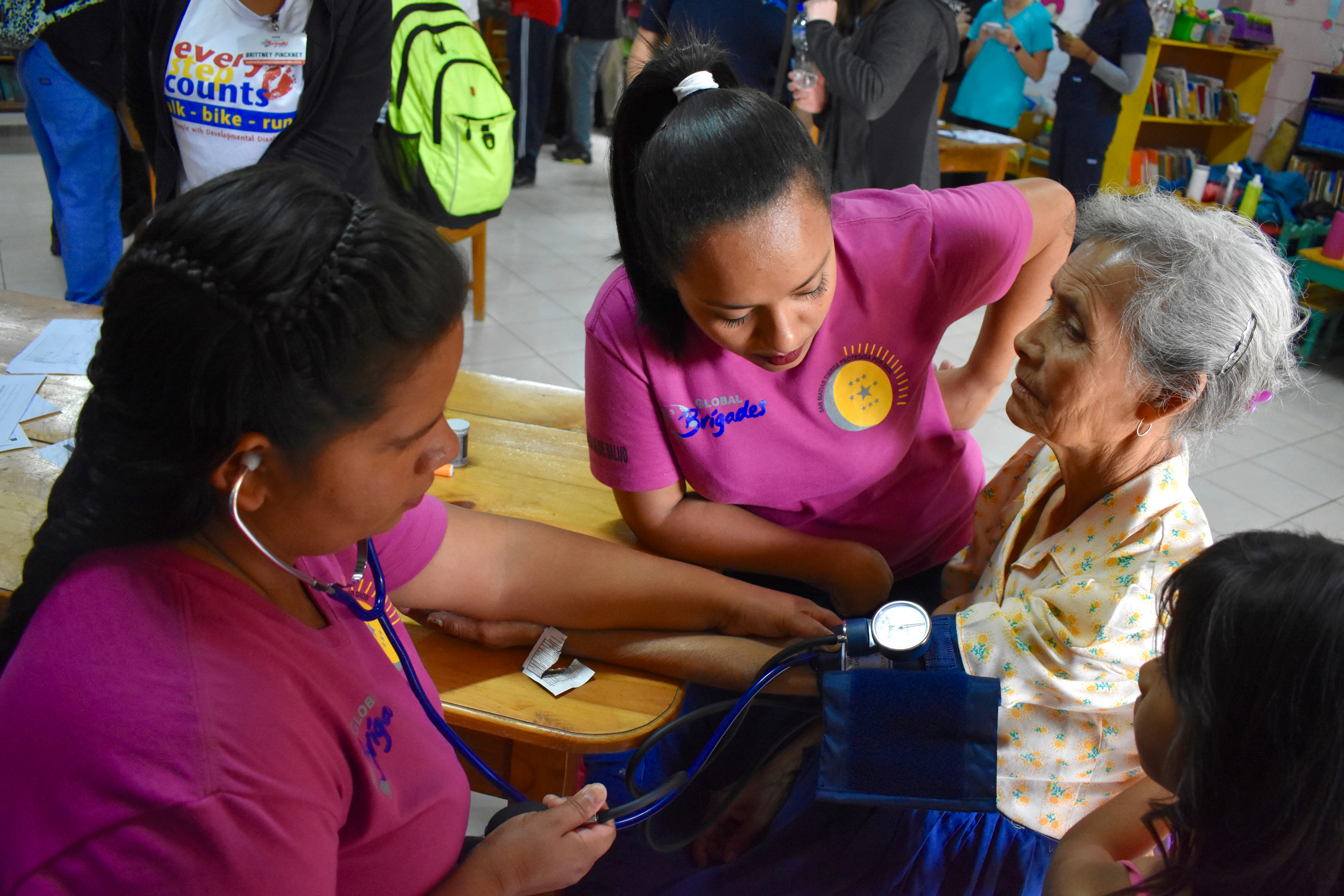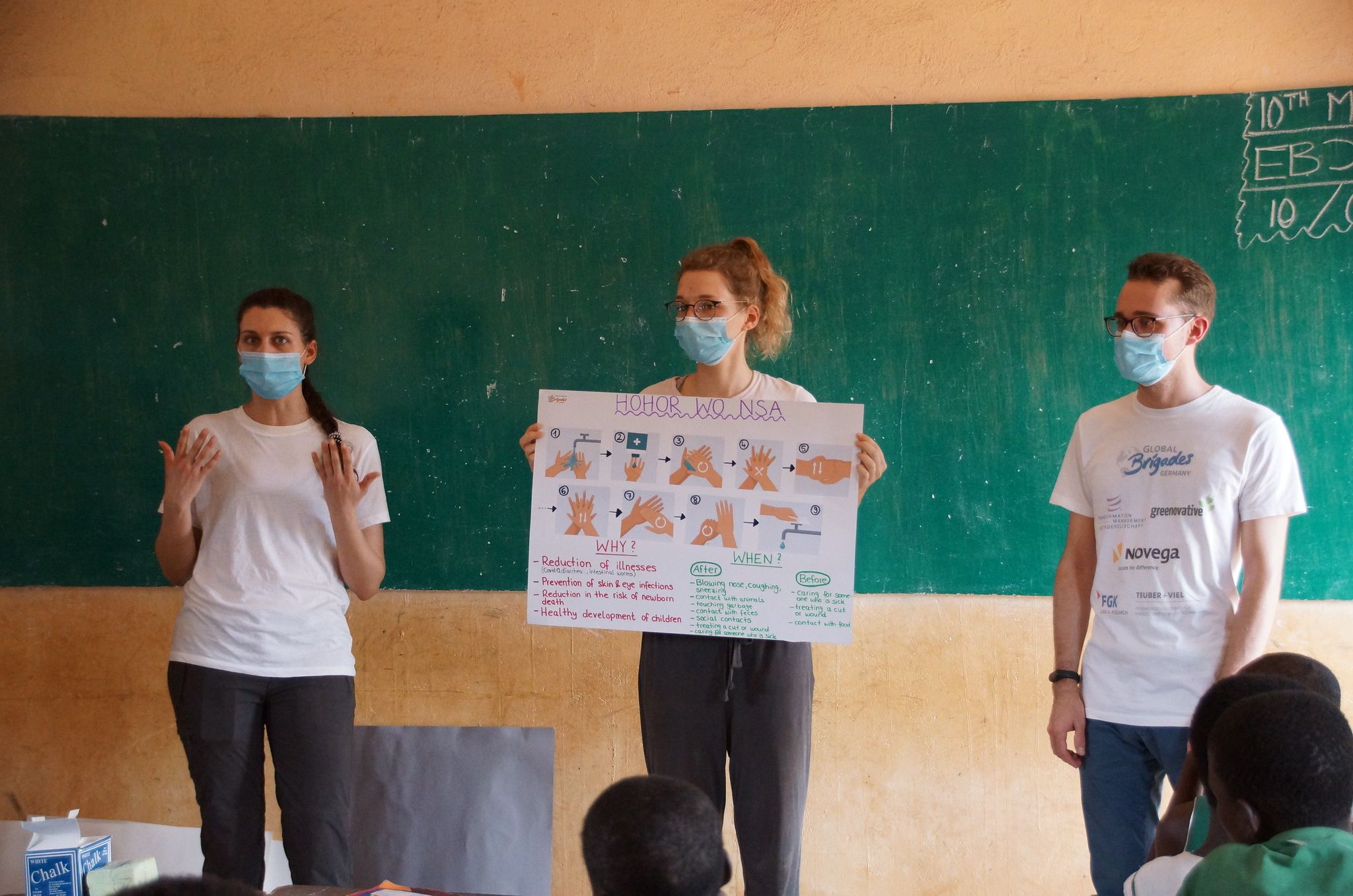College is often described as one of the best times in a young person’s life. It can be about making new friends, exploring education more deeply, and enjoying more freedom.
For many students, the college experience is more complex — and the last few years have proven more challenging than most.
Mental health and social isolation are significant issues in higher education. Increased feelings of anxiety, hopelessness, and loneliness have been compounded by existing factors like academic pressures and difficulties adapting to a new environment.
Addressing these challenges starts with understanding that you’re not alone. Learning about the supports available to stay healthy and where to find meaningful value in your college experience can dramatically improve feelings of isolation.
This Is Not an Isolated Issue
A nationwide survey of undergraduate and graduate students from The Healthy Minds Network found that over 60% of respondents reported at least one mental health problem. Of those students, 44% reported symptoms of depression, and 37% said they experienced anxiety.
Another American College Health Association survey found that about half of college students struggled with loneliness during their school careers. About a quarter of those respondents reported serious psychological distress.
Navigating isolation in college can negatively affect students’ mental well-being, leading to increased stress, loneliness, and a sense of hopelessness. Academic performance can also suffer as students struggle with concentration, motivation, and keeping up with their coursework. This can lead to lower grades and higher dropout rates.
Socially isolated students may find it more challenging to form and maintain relationships, the very thing that could help them improve feelings of loneliness. This lack of social connection perpetuates a cycle of poor mental health.
Most concerningly, mental health isolation can lead to increased substance use, self-harm, and suicidal ideation.
Spotting and supporting mental health concerns before they become serious is an urgent need for college campuses. Understanding the impacts of mental health on your college experience, whether you’re a first-year fresh out of high school or closer to graduation, is also essential.
At Global Brigades, we offer students the opportunity to build and join a community of peers who share a passion for service and sustainability. As the largest student-led movement for global health, we empower students to be a part of something bigger and an opportunity to channel their energy toward positive impact.
Causes + Contributing Factors
Mental health isolation and student well-being can be influenced by a variety of factors, especially among young adults already struggling with their mental health. The added layers below are typical risk factors in the college experience:
- Academic Pressure: Students who feel intense pressure to perform and succeed academically can feel overwhelmed by the workload, leading them to isolate themselves from others.
- Social Media Use: Social media can help you find and connect with others who share your interests but can also create feelings of inadequacy and exclusion. Time on social media can also replace the dopamine boost of in-person interactions without actually enriching your life.
- Adjustment Issues: Moving away from home and adjusting to a new environment can be difficult. The absence of familiar support systems like family and long-time friends can cause things to feel even more isolating.
- Financial Stress: Worries about paying for tuition, fees, and course materials can increase feelings of anxiety. Working a job while at college can leave less time for social activities and joining clubs.
- Sleep Deprivation: Don’t underestimate the power of rest. If you’re consistently sleep-deprived, you may have less energy to engage in social activities, leading to increased isolation and social anxiety.
- Relationship Issues: Most students start college without a core group of friends to fall back on, and that can be challenging at first. Breakups, conflicts with new friends, and difficulties forming new connections can all be a cause of emotional withdrawal.
- Mental Health Stigma: Some students may feel uncomfortable seeking help or talking about their struggles. There may be a fear of feeling judged or misunderstood, which can cause even further withdrawal.
Mental health is incredibly personal. Understanding the cause and contributing factors is essential to addressing feelings of loneliness and isolation, but sometimes you need more help to figure that out.
Strategies + Resources for Combating Mental Health Isolation
Combating mental health isolation is about using all of the tools at your disposal to stay connected, maintain your mental health, and make the most of your college experience.
Be kind to yourself if you don’t have the tools to navigate every obstacle that comes your way. College is a time of self-discovery, and developing coping mechanisms in the face of challenges is a part of that.
Explore mental health resources that suit your needs. Many colleges offer virtual counseling and online resources that are less intimidating ways to find help. Peer support programs can be a powerful way to combat isolation and support others feeling the same way.
Our Partnership with Sky Campus Happiness
Global Brigades has been a pioneering partner with Sky Campus Happiness and their mindfulness and meditation programs since 2020. Many GB chapters have incorporated their programs into weekly meetings to prepare their hearts and minds for meaningful service while also learning scientifically proven techniques to reduce stress and anxiety.
Sky Campus Happiness has local staff that can support GB chapters to receive university funding to pay for their programs in full.
Practice Healthy Habits
Your physical health is directly related to mental health. A thriving, vibrant body is often one key to a curious and strong mind, but it’s common for both to suffer at the same time when simple healthy living becomes less of a priority. Healthy habits can be tough to follow when you’re on your own, but they get easier with routine.
Try to eat a balanced diet rich in whole foods. Avoid too much caffeine, sugar, and alcohol. Drink lots of water. Try to get regular exercise. Joining an intramural sports team is a great way to tick that box and find like-minded friends.
This last one might be the hardest: Try to stick to a regular sleep schedule. Good sleep hygiene is a natural mood booster, in addition to having positive cognitive effects.
Limit Your Screen Time
Social media can exacerbate feelings of isolation, inadequacy, and anxiety among college students. Constant exposure to feeds of idealized portrayals of other students’ lives isn’t good for students’ mental health or the college experience.
Excessive screen time on social media platforms can also get in the way of face-to-face social interactions and activities, isolating you further.
Find ways to use boundaries with your time on social media, especially if it’s obvious that it’s causing you stress. Don’t be afraid to take a digital detox. Use time management or app blockers if you need an extra push to get offline and put yourself out there.
Develop Coping Skills for Stress
You may already know what brings you a sense of peace. Incorporate time into every day of college life for mindfulness, self-care, and rest away from distractions and stressors. If your campus has a wellness center, take advantage of spaces where you can de-stress.
These centers often offer resources like meditation classes, yoga classes, and relaxation techniques that you can add to your repertoire of self-coping skills. Getting out of our dorm room may be good for you, too.
Identify Campus Services Before a Crisis
Whether you have existing mental health concerns or not, knowing where to access your school’s mental health services should be at the top of your list upon arrival. Colleges generally want to support students, but it’s up to you to know where to find student health services.
That includes in-person counseling services with mental health professionals, peer support groups, and 24/7 hotlines if you’re in the middle of a crisis.
Seek Out Campus Services
The significant increase in students with mental health issues means your campus may be stretched thin when it comes to individual counseling sessions. That doesn’t mean you should give up on finding services if you need them.
Many colleges offer group counseling as an alternative to individual sessions with mental health providers for managing stress and anxiety related to college demands.
If you’re dealing with trauma or feelings of self-harm, access your school’s crisis intervention services or counseling center for specialized care. Help is always out there.
Engage in Volunteer Work
Lose yourself in service. Your primary motivation for volunteering with a nonprofit shouldn’t be all about you, but we can’t deny the added bonus of feeling good about doing good. Helping others is meaningful, especially when it results in a sustainable impact.
Volunteering and service can connect you with like-minded individuals and enhance your sense of self-worth. If you volunteer within an area of interest, you may even find your calling post-college. That can be deeply rewarding.
If you’re interested in global public health, consider joining a Global Medical Brigade program. Global Brigades maintains a holistic focus on empowering communities long-term while helping empower students simultaneously. Learn about Medical Brigades experiences from real students like you at Louisiana State University and the University of Texas at Austin.
Build a Community
Get involved in student organizations or clubs that interest you, or start your own if you feel like your interests aren’t represented on campus. Embrace your passions. It’s unlikely you’re alone in them.
Participating in group activities isn’t just great for making friends. It can create a sense of belonging and purpose for university students struggling to transition. Here are some groups and clubs that we’d recommend looking into:
- Volunteer clubs: If you have a heart for serving others, a community service or volunteer club may be an excellent option to consider joining. Joining a Bridgade Chapter at your university is a great way to have a trip to look forward to while also building connections with your peers for the entire school year as you work towards a common goal as a team.
- Study groups: If learning brings you joy, form study groups as an academic support system where you can share ideas and advice about more than the study material.
- Medical clubs: If you’re pre-med, look into medical clubs on campus.
- Intramural clubs: If you want something more non-academic, consider joining an intramural sports club. There’s typically a large variety of sports to choose from, and it promotes exercise, which is a great bonus for mental health.
How Global Brigades Can Help Make a Difference
At Global Medical Brigades, our student volunteers are at the core of our mission to provide sustainable global health solutions in our partner communities.
Fostering a sense of purpose can help students combat loneliness, withdrawal, or a lack of belonging. Our initiatives encourage students to engage in their work, connect with their peers, and develop a supportive network beyond each brigade.
We also prioritize self-care and mental health support. Our organizers are ready to help you feel safe and secure in your experience with us.
If you want to engage in empowering, meaningful work with others who share similar passions, you have a place here.
|
If you or someone you know is struggling or in crisis, help is available. Call or text 988 or chat 988lifeline.org. To learn how to get support for mental health, drug, and alcohol issues, visit FindSupport.gov. To locate treatment facilities or providers, visit FindTreatment.gov or call SAMHSA’s National Helpline at 800-662-HELP (4357). |






